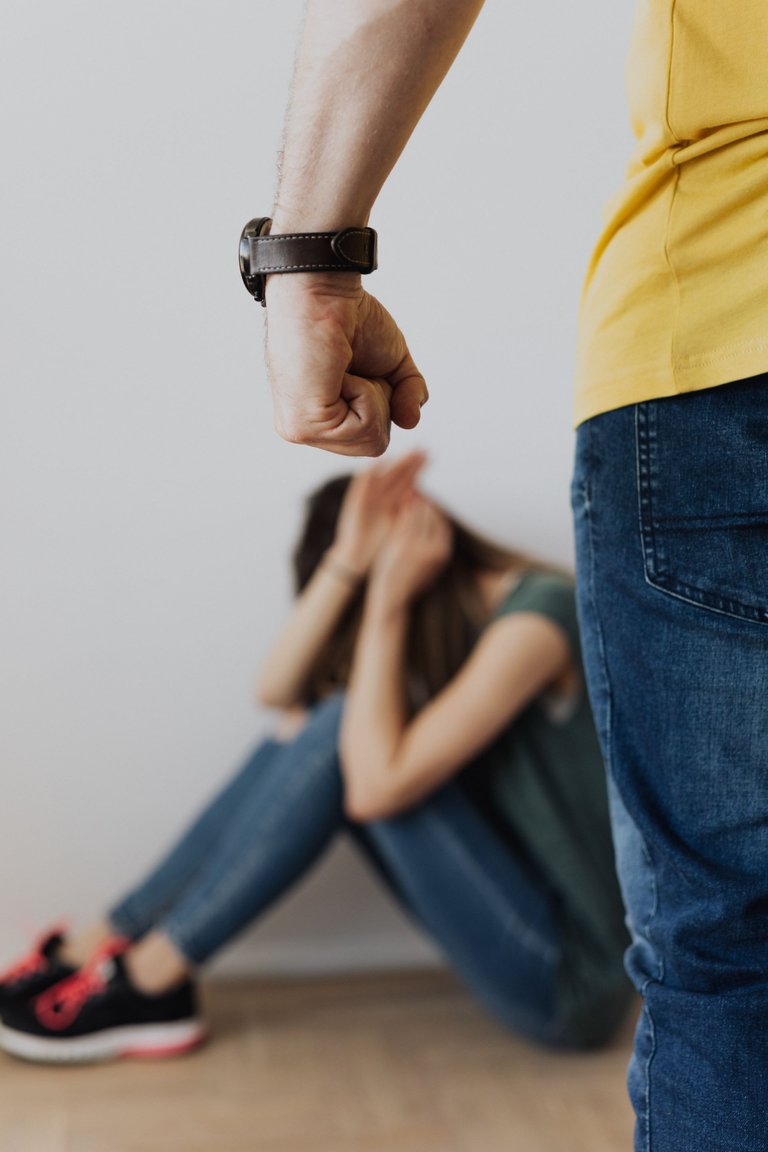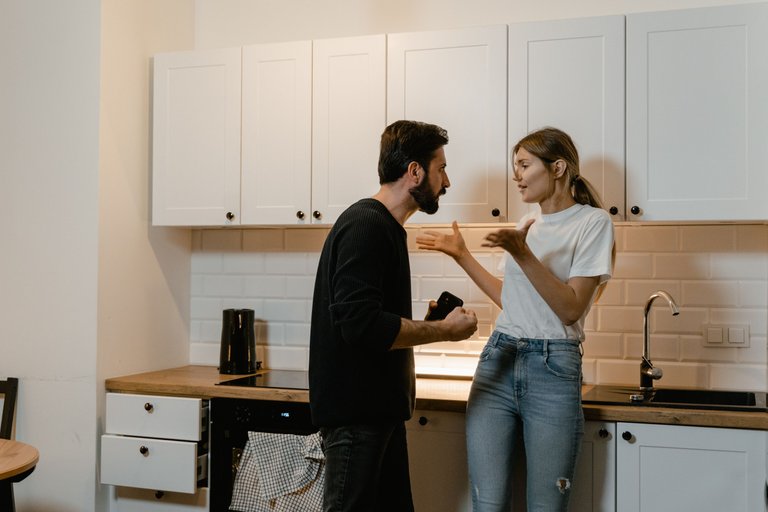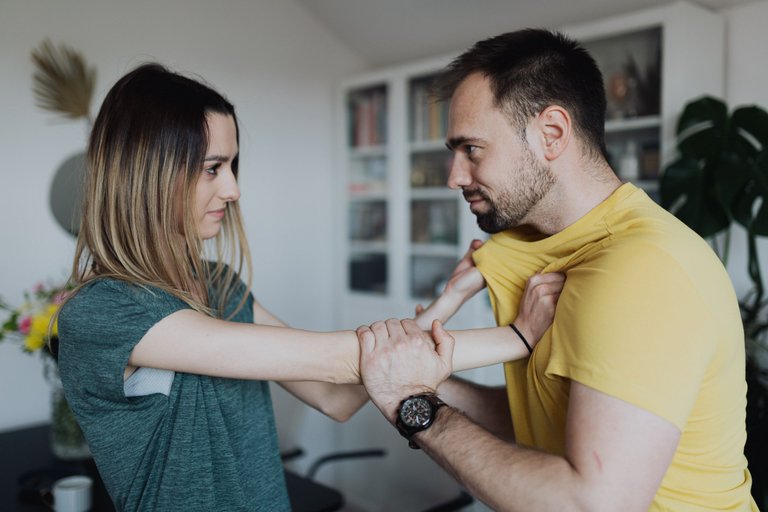
Domestic violence is a pressing issue that often goes overlooked in society. Despite its prevalence, domestic violence is still a topic that is oftentimes shrouded in silence and secrecy. The victims of this form of abuse often feel isolated and alone, which can make it difficult for them to seek help or support.
While domestic violence can have a profound and negative impact on the individual victims, it also has a wider impact on society as a whole. This is because domestic violence doesn't just affect the people involved in the abusive relationships, but also their families, friends, and even strangers.
What is domestic violence?
Domestic violence is a pattern of abusive behavior in a relationship that is used by one partner to gain or maintain control over the other partner. Domestic violence can take many forms, including physical, emotional, sexual, financial, and psychological abuse. It can happen to anyone, regardless of gender, race, income, or education level.
The effects of domestic violence on society
Domestic violence is a pressing issue that takes a toll on everyone in society. Victims of domestic violence often suffer from physical and emotional injuries, and their children are also at risk for physical and emotional problems. In addition, domestic violence can lead to financial problems for victims and their families.
Domestic violence costs society billions of dollars each year in medical expenses, lost productivity, and increased crime. In addition, domestic violence has a ripple effect that touches the lives of everyone who knows the victim or the perpetrator. If we want to reduce the amount of domestic violence in our society, we need to better understand its causes and effects.
The role of the media in domestic violence
Domestic violence is a huge problem in our society, and the media plays a big role in perpetuating this violence. TV shows, movies, and even the news often portray domestic violence as something that is normal or even understandable. This can lead people to believe that it is okay to use violence in their own relationships.
The media also often glamorizes domestic violence, making it seem exciting or even sexy. This is incredibly dangerous, as it can make people think that domestic violence is something to aspire to. Domestic violence is not sexy or exciting, it is dangerous and destructive.
If we want to reduce the amount of domestic violence in our society, we need to change the way that the media portrays it. Domestic violence should be shown as the serious problem that it is, and it should never be glamorized.
The importance of education in domestic violence
Domestic violence is a severe problem in our society. violence in the home usually starts with one partner feeling the need to control and dominance the other. Physical and verbal abuse are often used as a means of achieving this goal.
One of the most effective ways of preventing domestic violence is through education. By teaching people about the signs of abuse, the impact of domestic violence, and how to get help, we can make a real difference in the lives of those affected by this problem.
The impact of domestic violence on the economy
Domestic violence is a major problem in many countries. Not only does it cause physical and emotional harm to those who are directly affected, but it also takes a toll on the economy. Domestic violence costs businesses billions of dollars every year in lost productivity, absenteeism, and healthcare costs. It also increases the cost of services like police and security, and legal costs.
Domestic violence is a hidden problem that often goes unnoticed, but it is a very real issue that has a serious impact on our economy. If we want to create a thriving economy, we need to address the issue of domestic violence and do what we can to prevent it.
How to get help if you are a victim of domestic violence
If you are a victim of domestic violence, there are a number of ways you can get help. There are many organizations and agencies that can provide support and assistance. You can also contact the police or other law enforcement agencies if you feel you are in danger.
There are also a number of national and local hotlines you can call if you need help or someone to talk to. These hotlines can provide you with information about local resources and support.
If you are not in immediate danger, but need help, there are a number of agencies and organizations that can help you. Some of these organizations may provide counseling, legal assistance, or other support.



